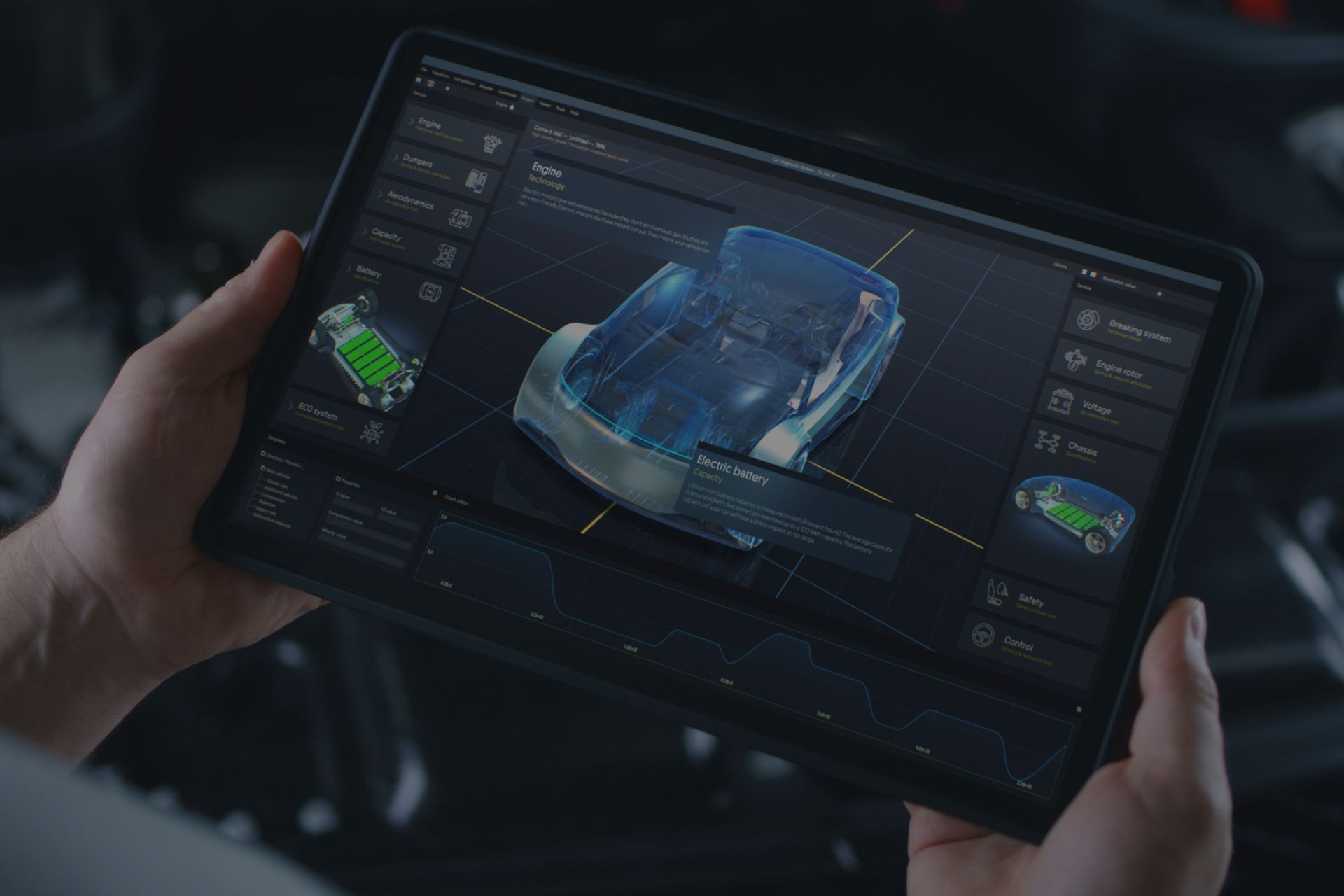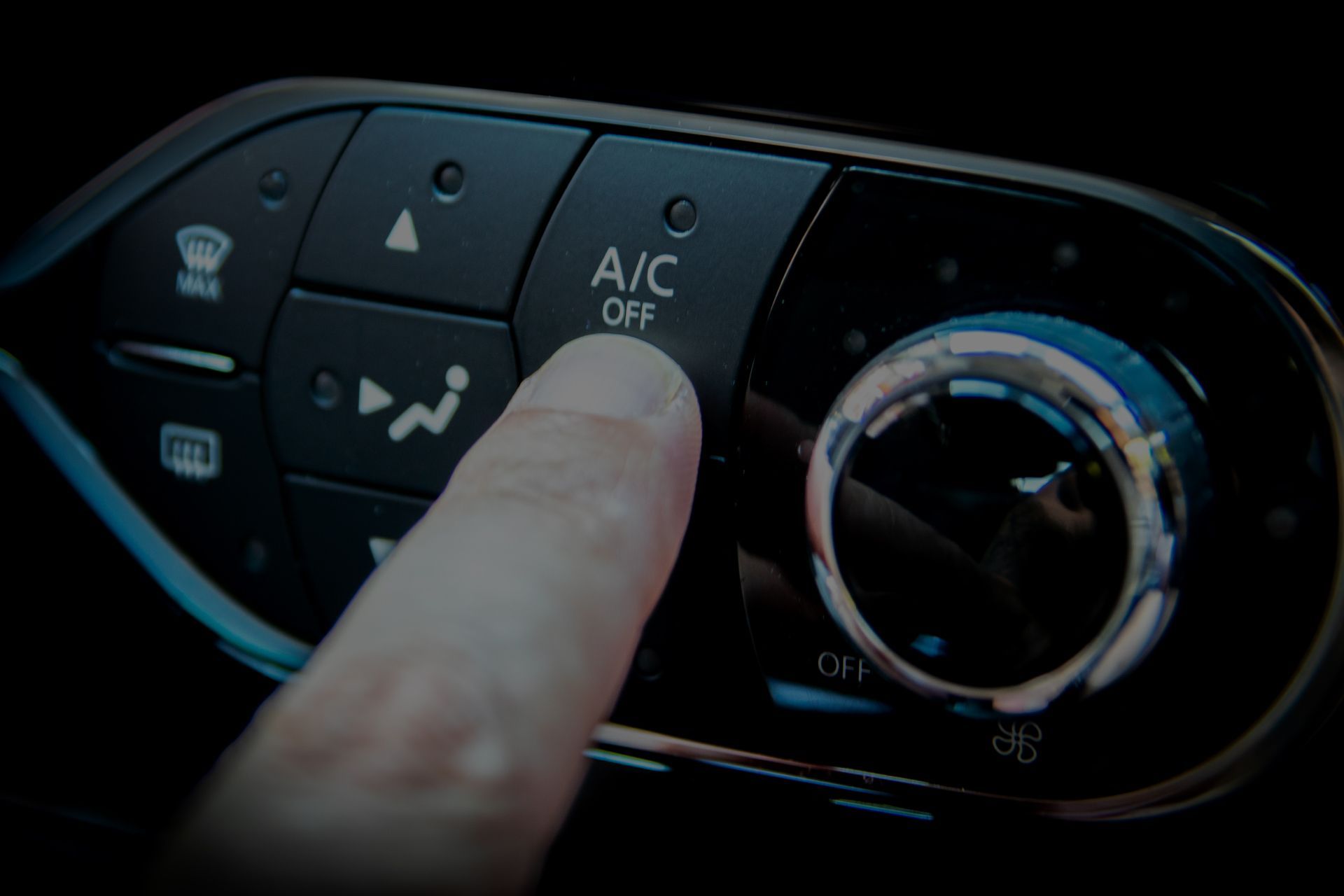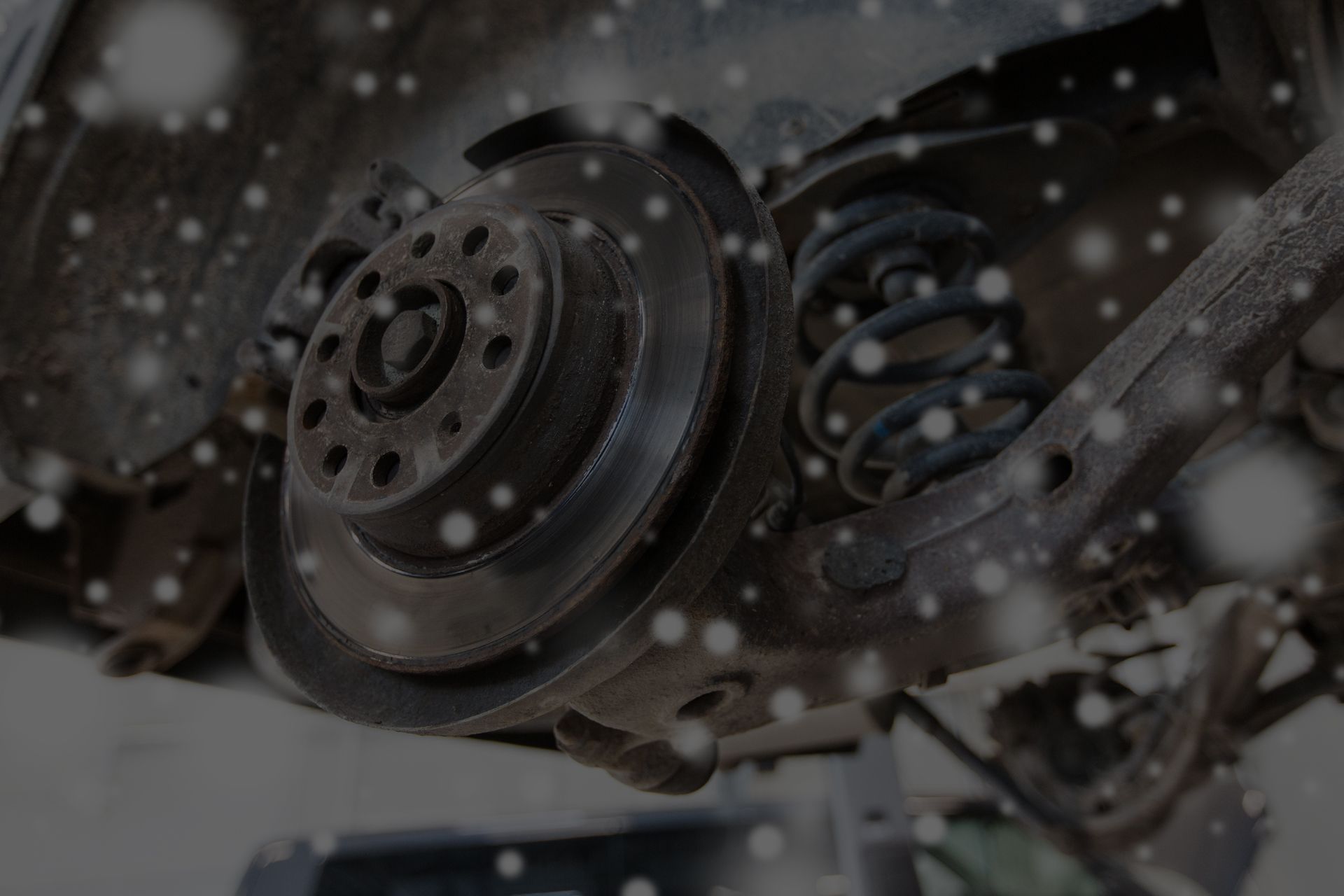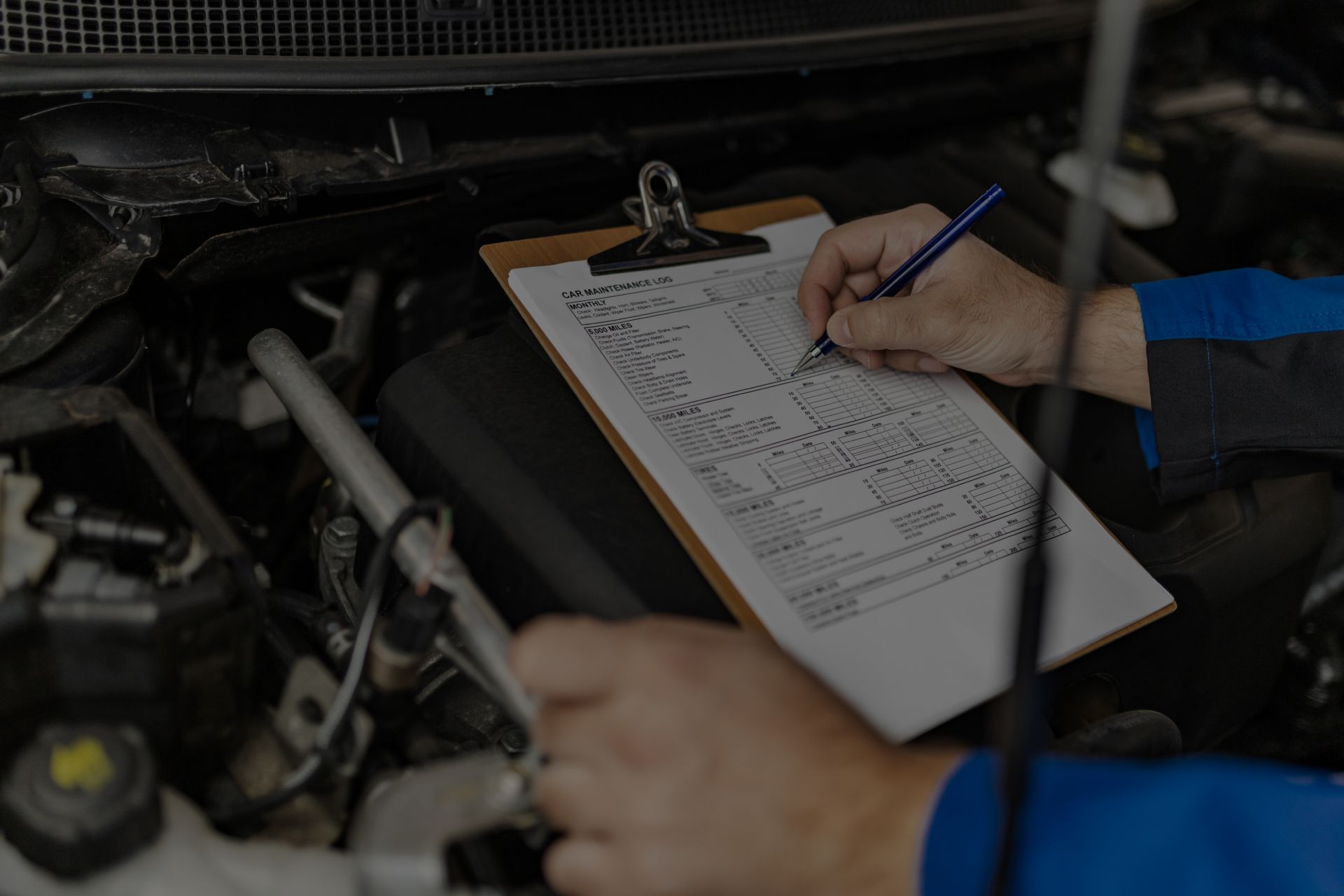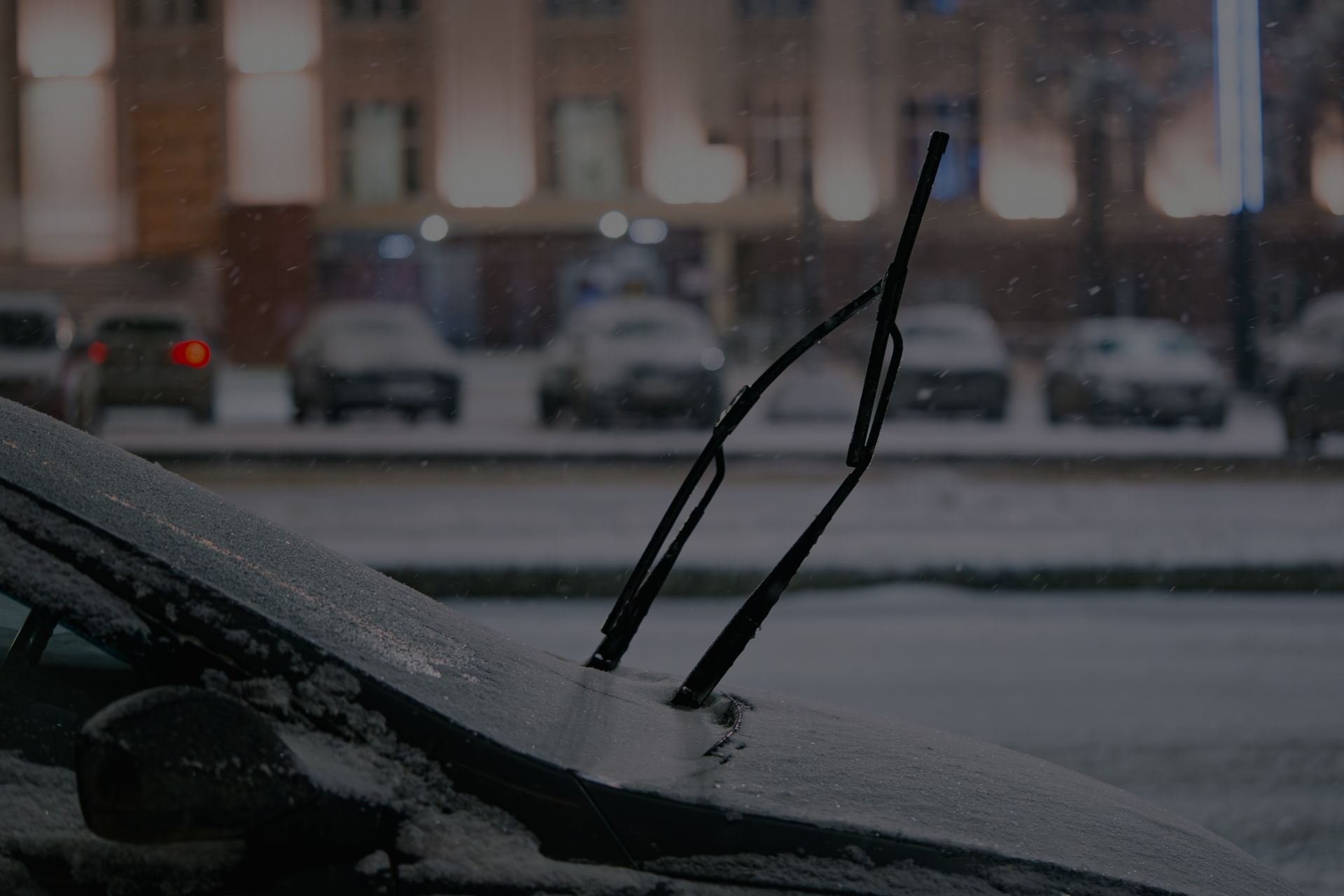That little orange light on your dashboard can turn a good day in Denver into a stressful one. Whether you’re cruising down Colfax Avenue or heading up to the mountains, the Check Engine light is a signal you shouldn’t ignore. But what does it actually mean?
For drivers in Denver, Parker, and Aurora, the causes can be as unique as our weather. Our high altitude, frequent temperature swings, and stop-and-go traffic on I-25 can all contribute to specific issues that trigger that warning light. This guide breaks down the common reasons your Check Engine light might be on and what you should do next.
First, Don't Panic: What Your Check Engine Light is Telling You
The Check Engine light is part of your car’s onboard diagnostics system (OBD-II). It’s your vehicle’s way of saying it has detected a problem that could affect its performance, fuel efficiency, or emissions.
- A Solid Light
typically indicates a non-critical issue. You should have the car checked soon, but it may not require an immediate stop.
- A Flashing Light
is a more serious alert. It often signals a misfire that can damage your catalytic converter—an expensive component. If your light is flashing, reduce power and get your vehicle to a shop as soon as possible.
Common Culprits Behind the Check Engine Light in Denver
While there are hundreds of potential codes, a few issues are exceptionally common in the Denver area.
1. The Loose or Faulty Gas Cap
This is one of the most frequent triggers. A loose, cracked, or worn-out gas cap allows fuel vapors to escape, which disrupts the vehicle's emissions system. It’s a simple and inexpensive fix, so always check your gas cap first. The dry Colorado air can cause rubber seals to crack over time.
2. Oxygen (O2) Sensor Failure
Your oxygen sensor measures the amount of unburned oxygen in your exhaust. This data helps your car’s computer adjust the air-fuel mixture for optimal performance and emissions.
- Why it’s common here:
A failing O2 sensor can be caused by age, but internal buildup can also be a factor. Ignoring it can lead to poor gas mileage and potential damage to your catalytic converter.
- The Denver angle:
Proper oxygen sensor function is critical for engine performance at our high altitude, where the air is thinner.
3. Catalytic Converter Issues
The catalytic converter reduces harmful exhaust emissions. When it fails, you’ll often notice a drop in acceleration and fuel economy.
- Why it fails:
It’s often the victim of another ignored problem, like a faulty spark plug or oxygen sensor. Ensuring your engine runs efficiently is the best way to protect this costly part.
4. Mass Airflow (MAF) Sensor Problems
This sensor tells your car’s computer how much air is entering the engine so it can deliver the correct amount of fuel. A dirty or faulty MAF sensor can cause rough idling, stalling, and a sudden increase in fuel consumption.
- The Denver angle:
Colorado’s dusty and windy spring and fall seasons can allow contaminants to clog the sensor faster than in less arid climates.
5. Spark Plugs or Ignition Coils
Worn spark plugs or failing ignition coils can cause your engine to misfire. You might feel a jerking or shaking sensation, especially when accelerating. This is a common issue that can trigger a flashing Check Engine light and requires prompt attention.
The ImportSports Approach to Auto Diagnostics
At ImportSports Performance in Denver, we treat diagnostics as a precise science, not a guessing game. Here’s how we get to the root of your Check Engine light:
- Code Reading:
We start by plugging our advanced Snap-On® diagnostic scanner into your car’s OBD-II port. This gives us the trouble code, which points us in the right direction—like “P0420: Catalyst System Efficiency Below Threshold.”
- Data Analysis:
A code alone isn’t a diagnosis. Our ASE-certified technicians live-data the system. We look at the real-time signals from the sensors while the engine is running to see exactly how they are performing.
- Pinpoint Testing:
This is where our expertise with European, Asian, and American vehicles shines. We perform targeted tests—checking wiring, voltage, and components—to find the
root cause
of the fault. We don’t just replace parts based on a code.
- Clear Explanation & Repair:
We explain what we found, why it failed, and what the repair entails. We provide a transparent estimate and use our TechNet affiliation to back our work with a solid
36-Month/36,000-Mile Warranty
.
What You Should Do When the Light Comes On
- Check your gas cap.
Tighten it until it clicks. Drive for a day or two to see if the light turns off.
- Note any changes in performance.
Is the car shaking? Is it slower than usual? Write down any symptoms; this information is gold for your technician.
- Avoid ignoring the light.
While a solid light may not be an emergency, postponing a diagnosis can allow a small problem to become a major, costly repair.
- Schedule a professional diagnosis.
Bring your vehicle to a trusted shop with the right tools and expertise for your car’s make and model.
Get a Clear Diagnosis for Your Check Engine Light in Denver
The Check Engine light doesn’t have to be a mystery. At ImportSports Performance, we have the advanced diagnostics equipment and factory-level expertise to accurately interpret these warnings for your BMW, Audi, Subaru, or any other vehicle. We serve drivers from Denver to Centennial and will get you back on the road with confidence.
If your Check Engine light is on, don’t wait for a small issue to become a big problem. Call us today at
(303) 752-2422
or schedule an appointment online for a comprehensive and accurate diagnostic service.
